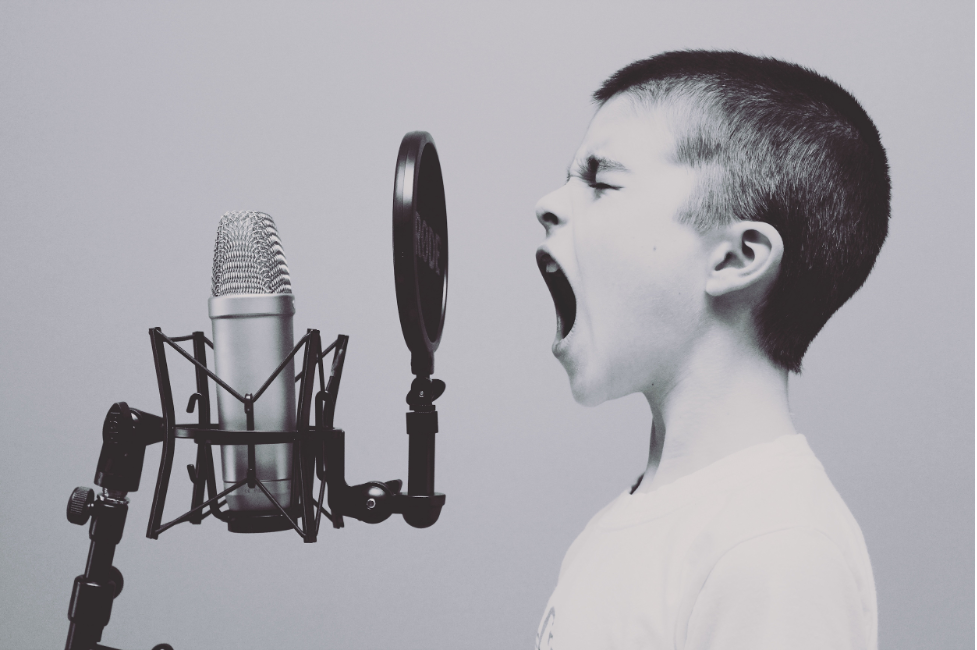Teaching Emotional Regulation to Young Children

As parents, we want our children to be safe and happy. Of course, no one is happy 100% of the time. When young children are unhappy, crying, tantrums, and full-on meltdowns are often the results.
Parents get frustrated because it’s hard to know what’s wrong. Sometimes a child can’t communicate how they feel, or sometimes they say something seemingly insignificant like you gave them the wrong color cup.
How can parents teach their children to regulate their emotions and act more appropriately? It’s a long process, but there’s a lot parents can do. Here’s what you need to know.
What is Emotional Regulation?
Expressing yourself is difficult for many adults, much less children. It’s especially difficult during significant changes, such as when there may be an ongoing custody case among family members. Children can feel unsure about what’s going to happen next, which leads to emotional reactions.
Emotional regulation is the process of recognizing, sharing, and appropriately displaying how you feel. It’s a complicated process because it involves a person’s thoughts, feelings, and actions working together.
Fortunately, children can learn emotional regulation. They can learn to identify what they’re trying to accomplish and behave in ways that are appropriate to the situation they’re in. In time, meltdowns will decrease and you’ll have much more peace as a parent.
How a Parent Can Help with Regulation
The biggest thing a parent can do is listen to and honor your child’s feelings. Remember that as a young — very young — person, they don’t have the perspective you do to understand that a yellow cup and a blue cup aren’t actually different. A lot that seems minor to you due to experience is very significant to a child.
Acknowledge how they’re feeling and ask questions. Sometimes in answering you, the child will start to see that they’re overreacting a bit. At the same time, know the warning signs of emotional exhaustion, which can cause emotional meltdowns no matter how old you are.
Kids are learning and growing a tremendous amount each day. It can be overwhelming to go through so much so fast. Offer time alone or another help so they can cool down. You can even give them toys with faces displaying different emotions to help them communicate.
Finally, you’ll want to be aware of your own emotional regulation. If you aren’t good at communicating and managing your own feelings, your child will likely follow suit. They learn more from what you do than what you say.
Recognize Feelings Rather Than Repressing Them
When kids are punished for their tantrums and outbursts, they can start to hide their feelings or stuff them down. This can lead to unhealthy behaviors and eventual emotional blowups.
As a parent, encourage everyone in your family to recognize and share feelings rather than hiding them. Help your children understand what they’re trying to accomplish with their meltdowns and redirect their efforts differently.
Most of all, understand that the feelings that seem small to you are huge to them. In your adult wisdom, you know that getting the smaller half of a cookie is no big deal, but it might be hurtful to a young child. Allowing them to express that without judgment is a key part of teaching emotional regulation.
Why Do Some Kids Struggle More?
No two children are alike, and that applies to emotional wisdom as much as any other skill. Some learn to walk earlier, and some later, some speak earlier and some later. A child may struggle more with emotions if they’re strong-willed or have a predisposition to deep feelings.
Also, they may have learned bad habits from observing others. If they’re in an environment where they can’t share feelings, they won’t learn to manage them. Or, a child might feel ashamed of how deeply they feel things. It can be overwhelming.
The good news is that while emotional regulation is partially genetic, it’s very teachable. It’s all about having the right skills to express your feelings and behaviors appropriately.
Emotional Regulation Continues Throughout Life
Managing emotion isn’t something we learn as small children and then have mastered. As we grow, life throws increasing challenges at us, and we have to navigate new things. As a result, your job isn’t over once a child starts school or even becomes a teen.
As a parent, you can empathize that emotions are hard, even for those who are grown. New heartbreaks, betrayals, and slights large and small get under our skin, and we have to manage how we share and act in response.
Don’t be afraid to take advantage of various resources available to you as you help your youngster learn to handle their feelings. The more they learn as toddlers and preschoolers, the easier it is as they grow older.
Tags: behavioral health, Creating a Healthy Lifestyle in Recovery, crossroads health, emotional regulation, emotions, lake county, mental health, mental health awareness, mental health cleveland, mental health treatment, Mentor Ohio, youth mental health, youth treatment

